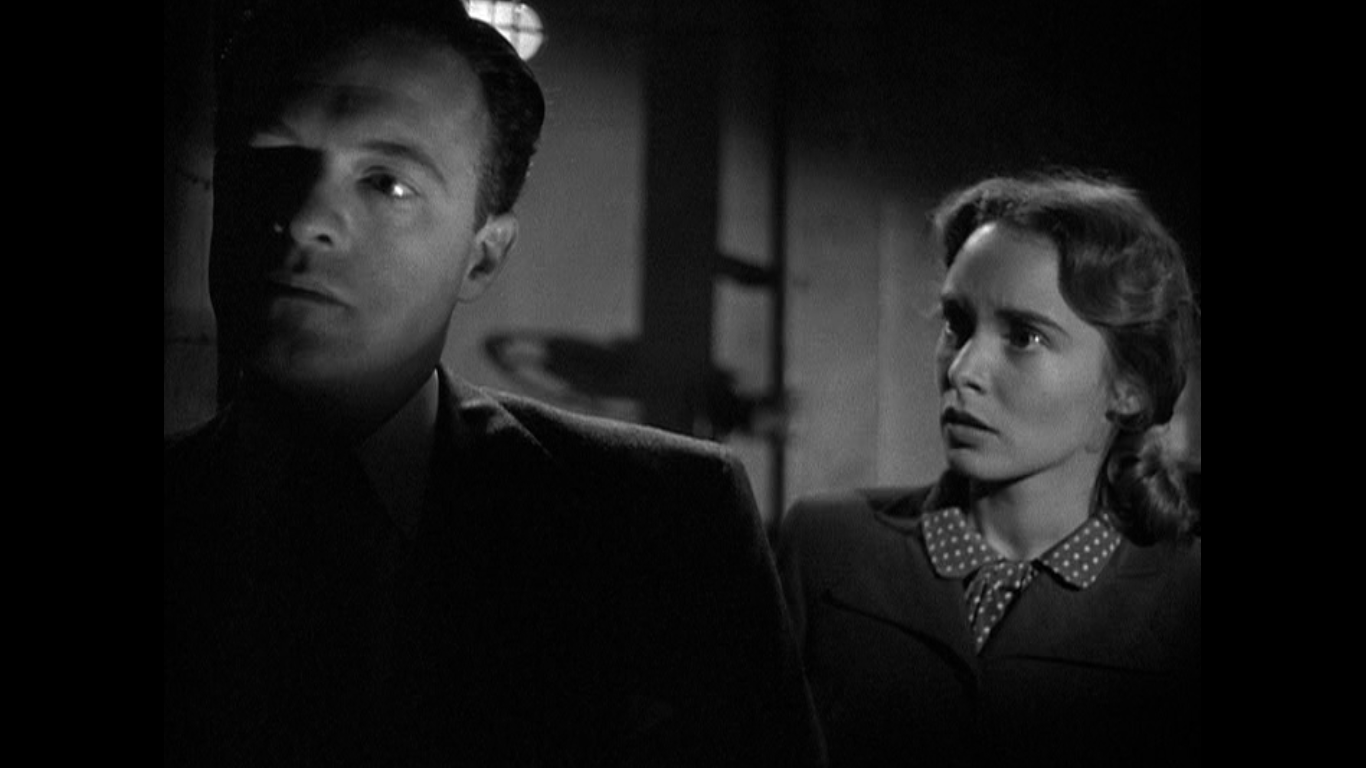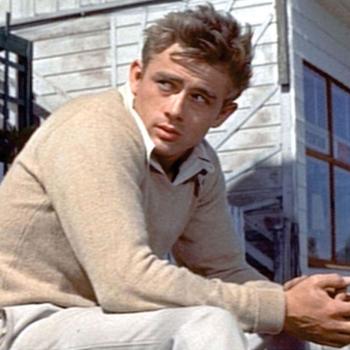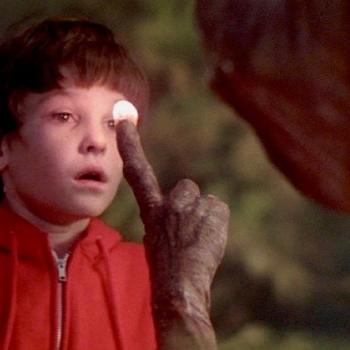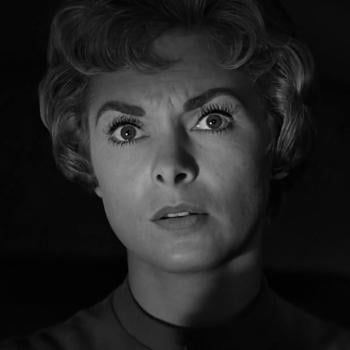
The effect that WWII had on the American psyche is one of the most discussed topics in all of film discussion, but if we could imagine one film as sort of the face of this issue, it would have to be Fred Zinneman’s 1949 noir-piece, Act of Violence.
The film sees family man and all-around good guy, Frank, living with his wife, Edith, and young son in the suburbs. His California community celebrates Frank for surviving a POW camp while serving in WWII. Doesn’t such a hero deserve paradise? Apparently not everyone thinks so. One day Frank notices a dark shadow tailing him: his old friend and comrade, Joe. See, Joe knows things about Frank that would shock Edith and the town that honors her husband.
Turns out, Frank only pulled through the enemy lines because he sold out his buddies to the commanding officers, alerting them of their escape attempt. Frank tells himself that he didn’t know the prison guards were going to kill them, but even he knows that he was burying his head in the sand. The sinister specter of Joe, then, becomes the face of Frank’s guilty conscience, which he knows will overtake him before long.
Frank’s solution is to silence his demons by arranging for Joe to be taken out by a thug-for-hire. But after the deal has been made, Frank realizes he does not have to repeat his mistake or dig his grave deeper, and he tries to stop Joe from being killed. At first, he tries to warn him, but Frank ends up leaping in front of the bullet for Joe, giving his life for his comrade. Realizing what Frank has done, Joe volunteers to be the one to tell Edith about her husband.
When I first heard of this movie, the logline made it sound as though Joe, the wronged one, was going to be the protagonist. Like, from the start we were going to be aligned with this guy and his justice quest. Instead, Frank is our window into the world. Joe, then, acts as the intrusive element, threatening to destroy Frank’s paradise. Because we don’t know for a while why Joe is stalking Frank, it sets Joe up as “the bad guy,” only to have that arrangement complicated once we learn the details of their history.
I bring this up because it goes to show that the person we decide is “the good guy” depends wildly on whose story gets told first. Is Joe a destroyer or an avenger? Was Frank a tortured hero or an imposter?

The vantage point of the finished film ends up putting us in the perspective of Frank, and it is his frazzled mind that we spend the most time in. We see his rationalizing melt away in real time as he confronts the reality of what he did all those years ago. Frank made his decision under extreme duress, yes, but it had devastating consequences: several men–Frank’s friends–ended up dead. Frank tells Edith early on, “Everyone has reasons. Even the Nazis had reasons.” These things build up in Frank, and he spends basically the last film in a guilty daze. Late in the film, we see Frank standing in front of an oncoming train, content to let it run him over. (He changes his mind at the last moment.)
Joe, meanwhile, does have his own path to recovery. We see how Joe poisons himself in clinging to his hate. Ann presses Joe to turn away from his pursuit, and she makes some compelling points. What does Joe have to gain by making another widow? We can also key in on how Joe’s anger is pushing away a woman here who clearly loves him. He gets to decide for himself what he gets to do with that anger.
In the end, the best conclusion the film can offer is for Frank to functionally repay the debt by giving his life to protect Joe, even if it was his own fault it was in danger to begin with. I’m not one to say whether Frank needed to die to pay a cosmic blood debt, but he certainly clarified his own motivations in sacrificing himself for Joe in the end.
The easy moral here might be to just never do things you’ll end up regretting, but if any of us had such mastery over our inclinations, the world would be a different place. (Again, this story emerges out of the fires of World War II, a time when people were doing all sorts of “necessary evil.”) But I think there’s also a lesson to be had for what it is we do after we feel our hands are already dirty or when anger has already taken root in our hearts. There are a couple of different things we can do. Denial doesn’t seem to work. Vengeance doesn’t seem to work. The only thing that does seem to bring peace is having an eye for restitution, wherever that is possible.













